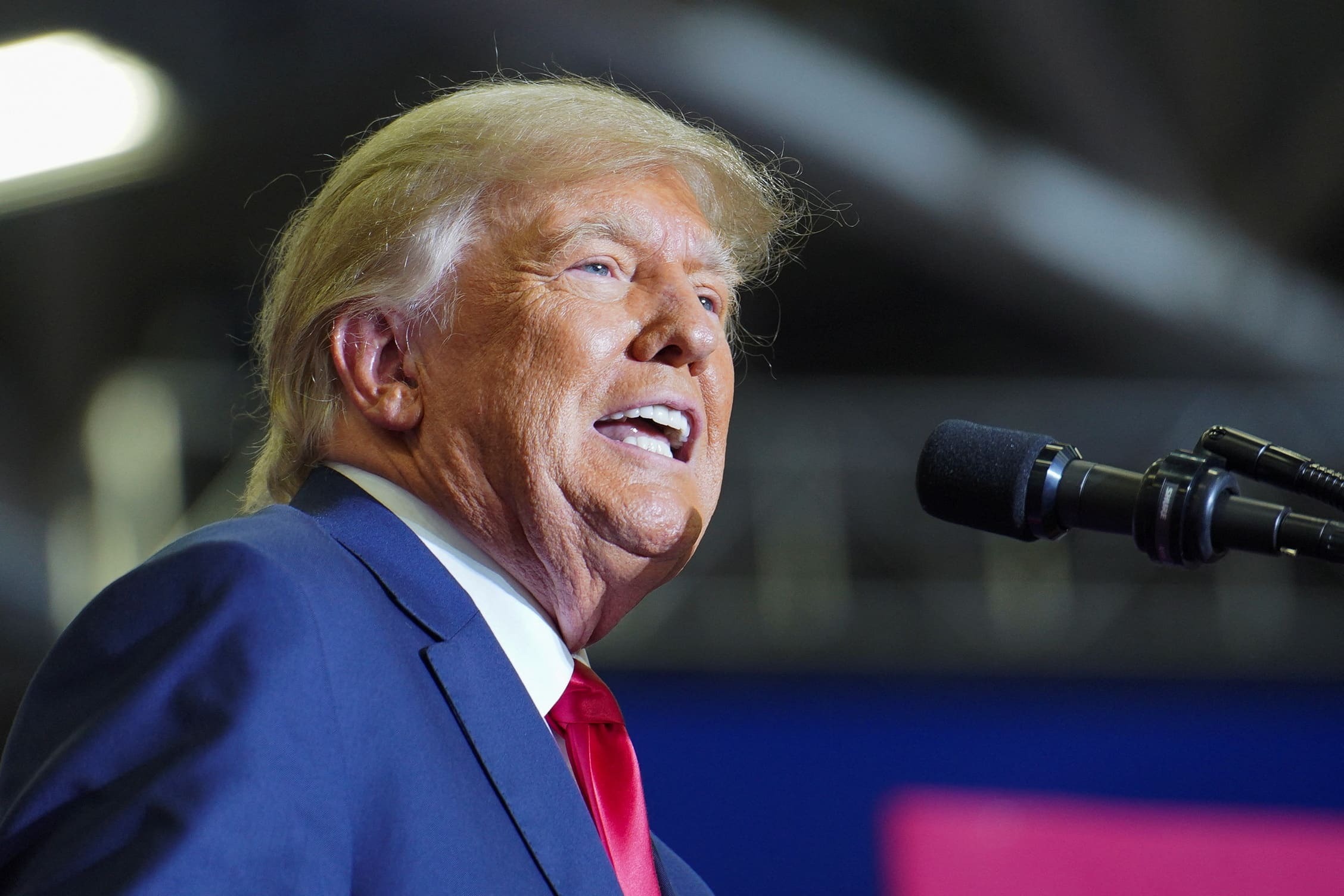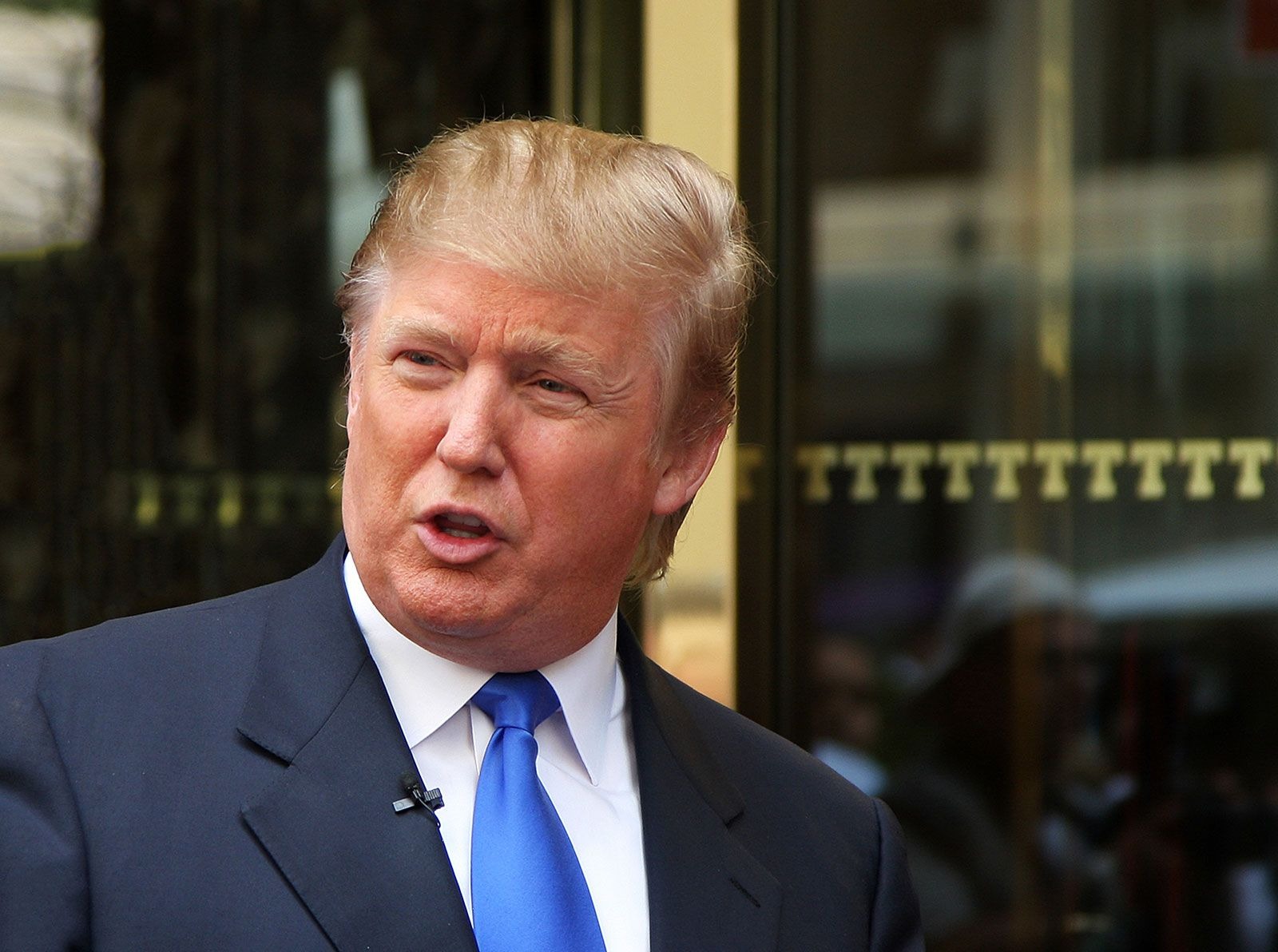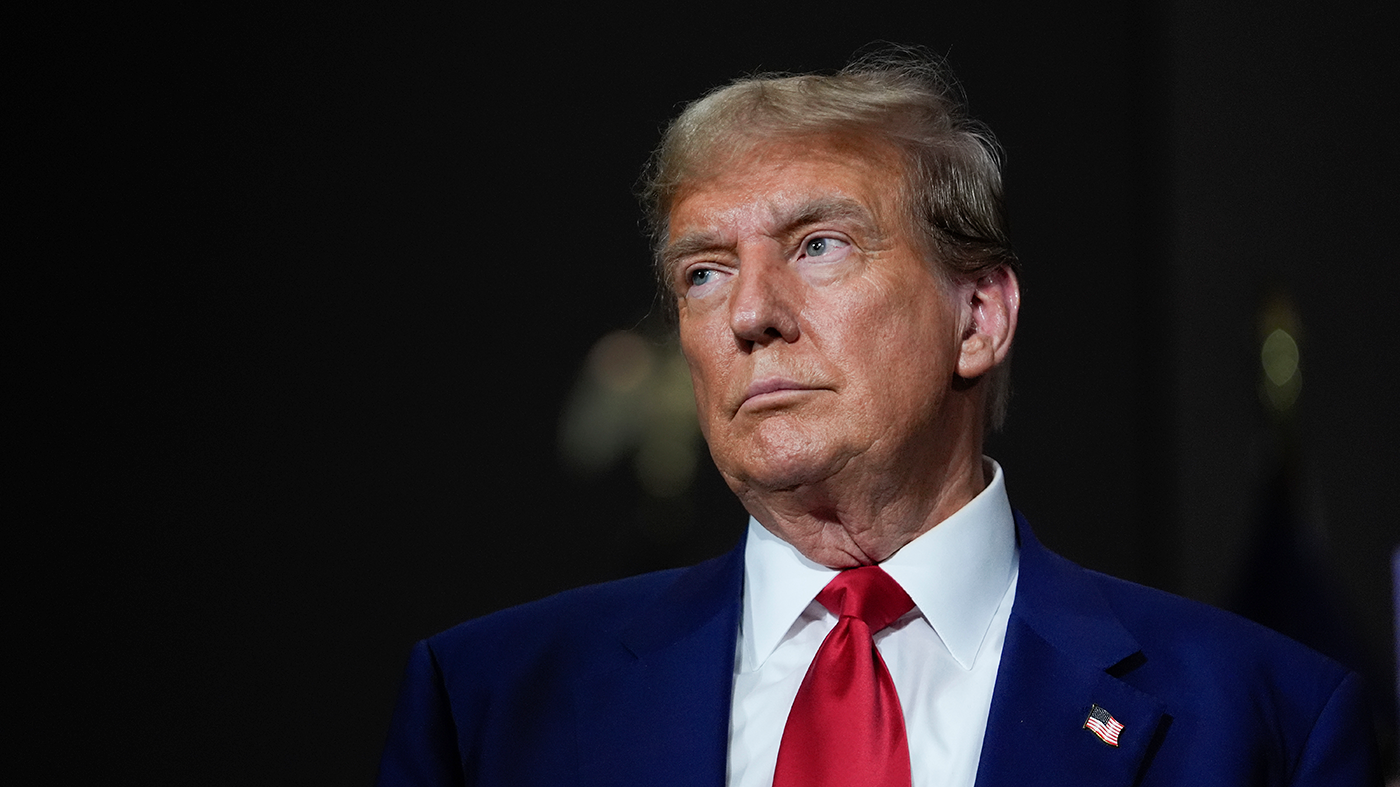A New York appeals court judge, Justice Lizbeth González, denied Donald Trump’s request to delay his upcoming criminal trial, which is scheduled to begin on April 15.
This decision thwarts Trump’s latest attempt to postpone the historic trial, where he faces charges for the first time as a former president. Trump’s legal team sought an emergency stay to halt the trial while they appealed for a change of venue, citing concerns about potential bias among jurors in Manhattan, a predominantly Democratic area.
Trump’s lawyer, Emil Bove, argued that the media coverage and public sentiment in Manhattan could prevent a fair trial, suggesting that the jury selection process, set to start soon, would be compromised.

Donald Trump (Credits: CNBC)
Trump himself has publicly stated a preference for moving the trial to Staten Island, a borough where he received huge support in the past presidential elections.
However, the Manhattan District Attorney’s office, represented by appellate chief Steven Wu, countered that the issue at hand is whether the trial court can select twelve impartial jurors, regardless of the broader public opinion.
Wu also pointed out that Trump’s own public statements and media appearances discussing case details have contributed to the pretrial publicity that he now cites as prejudicial.
Additionally, Trump’s legal team is challenging a gag order imposed by the trial judge, Juan M. Merchan, which restricts Trump from making public comments about the judge’s family, among other case-related matters. This gag order and other appeals filed by Trump are part of a broader pattern of legal maneuvers aimed at delaying the trial.

Former USA President Donald Trump (Credits: Britannica)
Judge Merchan has previously denied requests to move or delay the trial, marking them as untimely, and has ruled that no further delays would be warranted despite Trump’s lawyers requesting additional time to review new evidence.
This upcoming trial is central to charges accusing Trump of falsifying business records to conceal payments made to his former lawyer, Michael Cohen, who handled hush money payments during the 2016 campaign to suppress negative stories, including a payment to porn actor Stormy Daniels.
As the trial date approaches, Trump continues to assert that the payments were legitimate legal expenses and denies any wrongdoing, including denying the alleged encounter with Daniels.
The legal battles and Trump’s vocal criticisms of the judicial process underscore the contentious nature of this case, which could become a serious legal and political spectacle.























